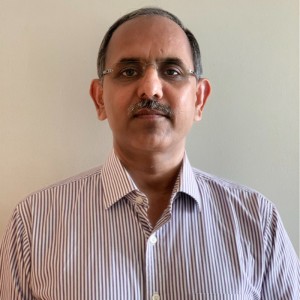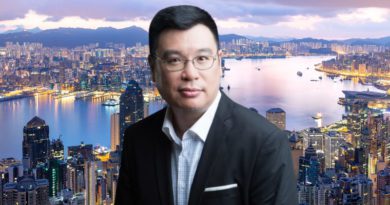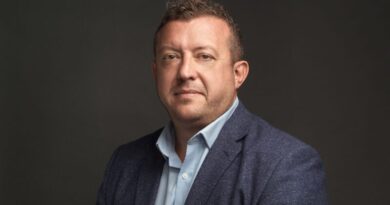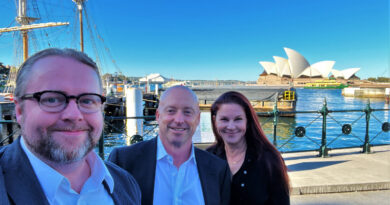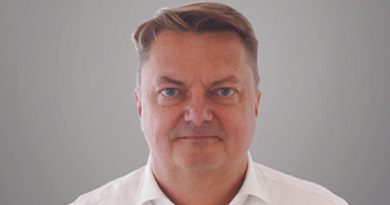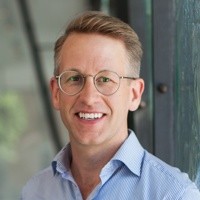Interview: Mukesh Dave, CIO, Aravali AM
HFC’s Stefan Nilsson checked in with Mukesh Dave who recently set up Aravali Asset Management in Singapore as the new home for his Global Arbitrage Fund. Prior to launching the fund at Ariana Investment Management in 2014, Mukesh was Managing Partner at Savant Partners, Managing Director and Co-Head of EM Asia Macro Trading at UBS and Head of South East Asia Rates Trading at Barclays. He started his career as a trader at Citi in India, Bahrain and Thailand.
You recently spun out your Global Arbitrage Fund from Ariana Investment Management to manage it from your shop, Aravali Asset Management. What made you strike out on your own?
In the previous asset management company, it was a revenue-sharing agreement with my partner. Since we had a smaller size fund, it was appropriate for me to own it rather than be a working partner. I decided to strike it out to make it more meaningful and give it a direction to a desirable path.
The Global Arbitrage Fund is a market-neutral strategy that trades in a range of arbitrage styles. What can you tell us about how this investment strategy and how it is different from other funds?
We run market-neutral strategies across asset classes, so we are asset class agonistic and geography agnostic. Market neutral strategies have a full spectrum of trades from pure arbitrage to relative value across the marketplace and factor along the time dimension. Given the above characteristics, we run very low volatility of less than two and return ranging between 6%-9% with Sharpe between 3-4.
What can you tell us about the Aravali team? Is it the same team that worked on the fund while at Ariana, or have there been any changes?
It is the same team. We have moved the lock stock barrel from Ariana to Aravali.
What are your personal strengths as a portfolio manager?
The sheer experience of trading emerging markets, especially Asia, and being able to run fixed income arb in the banks I have worked before helps me to mimic a similar trading style here in the fund, as most of the banks have retreated from that space post-2008 GFC under new regulatory environment for capital and risk.
You have opted to base your business in Singapore. What made you choose Singapore over other financial centres?
Firstly, I have been here for the last 13 years working at various financial institutions. Secondly, my previous asset management company had a MAS license here, so we decided to set up and run the similar way with a new CMS license from MAS, which was easy to come by given our history.
Now you are up and running with your own shop for a few weeks. What are the next milestones that you will aim for as a business?
We have an AUM of about US$105 million, and given the limited capacity of the fund, we can only run an AUM of US$350m to US$500m in size, and once we are there, then we can set up a relative value macro fund, which would not be constrained by the overall limit of arbitrage set of opportunities.

